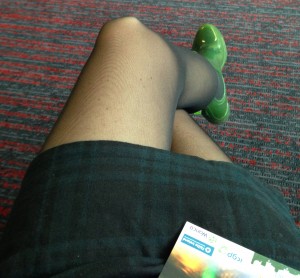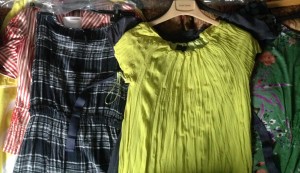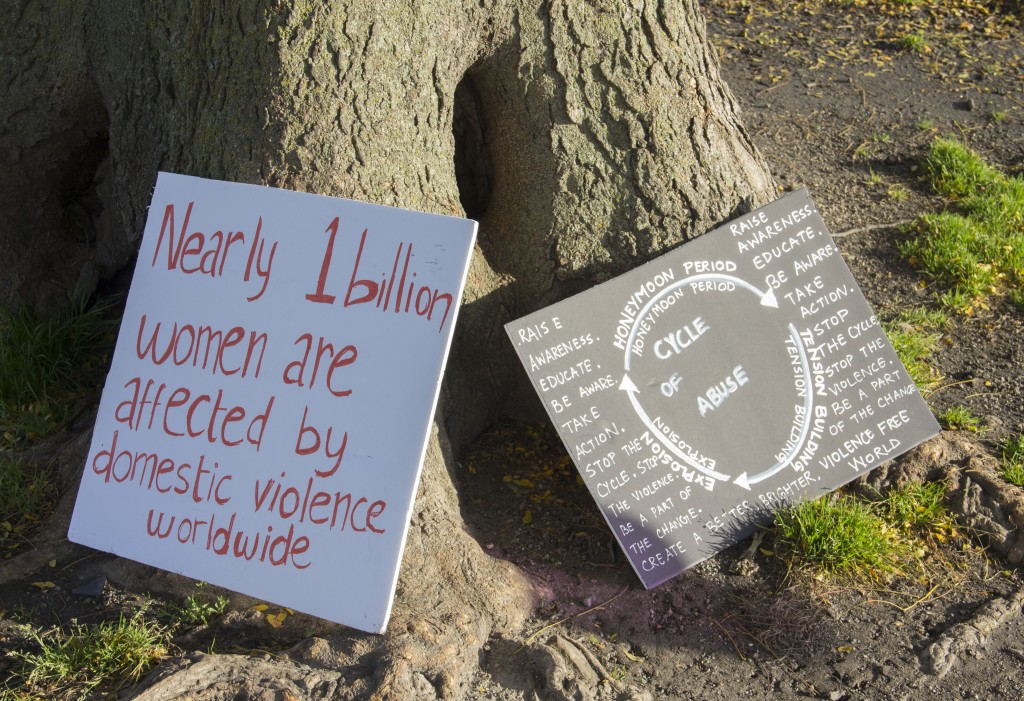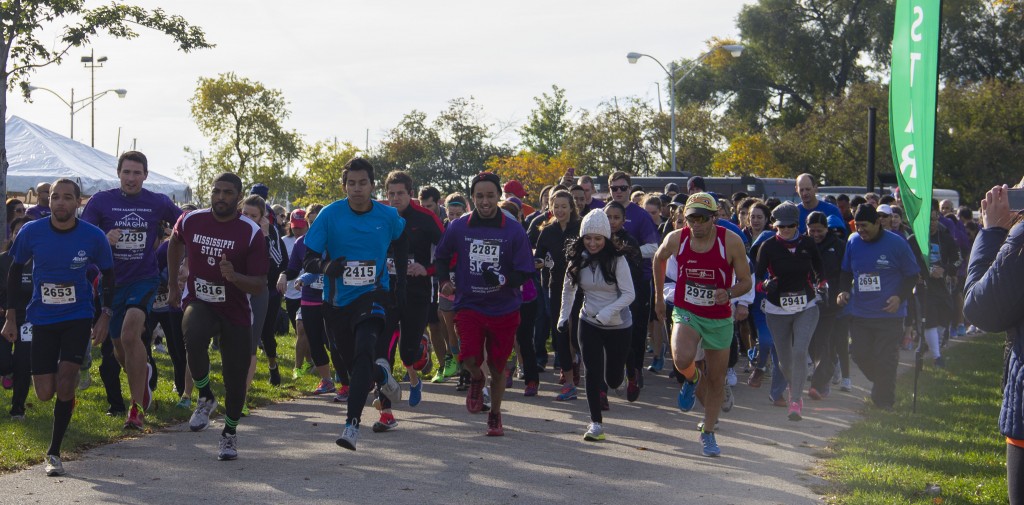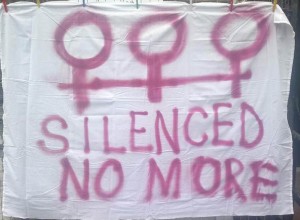Chelsea Cloud, Michigan, USA, SSH Blog Correspondent
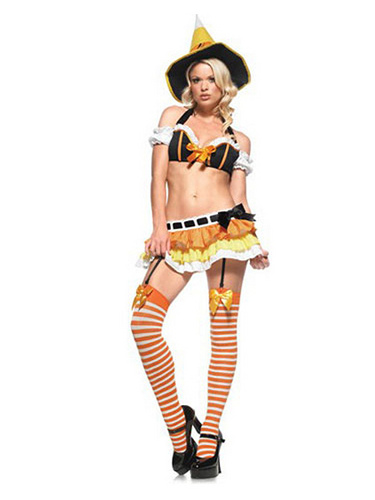
For women, deciding on a Halloween costume is a careful science. Too sexy is slutty. Not sexy enough is prude.
I wore pants to a college bar on Halloween one time and I am not exaggerating when I tell you I was the only one out of hundreds of women. I felt weird. There’s also the time I wore a sexy Princess Peach costume. Halloween in Michigan is cold. Also, teetering around on sky high heels like a newborn giraffe just to complete my outfit was hard work. But there are far worse implications than just being cold. These costumes make us objects. And sadly, many people just see these costumes and not the women wearing them.
Let me be clear, I am not arguing against sexy costumes, I am angry that it’s our only costume option. It also doesn’t seem to be a fading trend, if anything it’s getting more popular. EVERYTHING is being sexualized now. Oh, you want to be a female superhero? You better believe your store- bought costume interprets female superheroes with maximum cleavage and a micro-mini skirt. Women just love to fight crime whilst making sure they don’t have a nipple slip.
Go ahead and peruse the ‘career section’ of Party City. Female swat team members must wear black tutus and cleavage boosting bulletproof vests. Female nurses find that their 12 hour shifts are more comfortable in garter belts and thigh highs. Have I made my point clear yet? The only store- bought option is a sexy one. This disturbing trend is trickling down to teens and even younger.
Just last month a mother wrote an open letter to Party City about the disturbingly sexualized toddler costumes. In the article there is a side by side photo of the boy cop and the girl cop and the difference is glaringly obvious. The boy is given the option to look like a legitimate cop while the girl’s option is clearly a feminized and sexy version, complete with skirt.
Corporate America is telling girls at a young age what their worth is and that they don’t deserve to feel empowered. And while girls should wear what makes them happy, that option should also be age appropriate and include authentic career attire. The pressure only get’s worse as girls get older.
A teenager in the recent New York Times article about Halloween costumes addresses the pressure to go with the trend:
The pressure to be sexy without being slutty can ruin the holiday. “It used to be my favorite holiday, but now it’s like if you don’t look good in a mini skirt and cropped top, you might as well not dress up,” says Evelyn, who has never worn a sexy costume. “I am fearful that other people will see me as a ‘slut.’ It’s kind of a bummer.”
As if teenagers don’t have enough to worry about when it comes to their image, they now have to carefully construct their costume to fit a wavering definition of sexy while not being judged or bullied by their peers.
But instead of slut shaming, the yearly ‘sexy costume debate’ should be seen as an opportunity to discuss the real problem: the harassment that inevitably happens when wearing a revealing costume. Street harassers are equal opportunity offenders, but a female in a sexy costume is a very easy target. Even still, we hear disturbingly little about harassers. Instead, we live in a society that loves to victim blame and slut shame.
Related, lately the cosplaying community has been bringing this issue into the public eye because harassment at comic conventions is a common occurrence. The social media movement “Cosplay is not consent” started after cosplayers got fed up with being harassed verbally and physically at events. A survey about sexual harassment at conventions such as San Diego Comic-Con revealed that 13% of attendees had received unwanted sexual comments and an alarming 8% percent had been physically assaulted.
Halloween can be viewed as a wide scale cosplay event and instead of seeing sexy costumes as an easy way to gauge someone’s willingness to participate in sexual advances and how much harassment they will tolerate, people should recognize that a “sexy” costume does not invite harassment.
While I think it’s unfair to judge anyone based on their costume choice (as long as it doesn’t cross any borders into offensive), it’s also unfair that women don’t have a choice in the matter and then are blamed if they are harassed.
A respectful man would let a woman walk by wearing whatever she wants without harassing her. Let us take this annual conversation and use it to remember that boys need to be raised to respect women no matter what they are wearing. A costume is not an invitation for harassment.
Chelsea is a full-time sales assistant for an advertising company in West Michigan and a part-time Graphic Design student. She is proud to call herself a feminist and feels passionately about speaking up for women’s rights. You can find her on twitter @LitSmitten.

